Socata (Elderflower Cordial) is a popular drink in Romania, so popular that it even inspired the creation of a new type of Fanta. Have you ever tasted Fanta Shokata? Well… it’s not as yummy as the Romanian beverage that inspired it, but it can give you a fair idea of what elderflower cordial tastes like in my country.
The flowers used to prepare the cordial come from Sambucus nigra – a species of elder native to Europe, northwest Africa and southwest Asia.
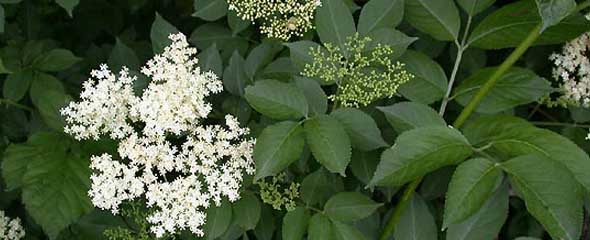
There’s nothing better than homemade elderflower cordial, but this is far from being an easy recipe, especially if you don’t know that the leaves and branches of the elder plant are poisonous for internal use, and so are its fruits if they are not fully ripe.
Even the seeds of the elderberries are poisonous and should be removed before consuming. You might say Romanians like to live dangerously… well, there is actually no danger in consuming Socata – the flowers are perfectly safe to consume and they can be even used to prepare herbal teas.
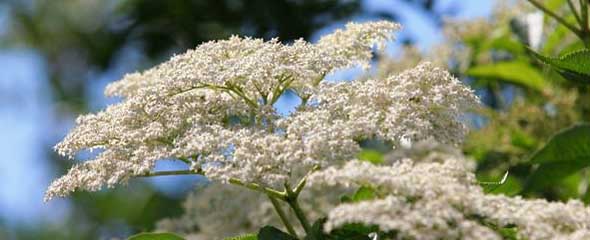
The flowers contain pectin; sugars; triterpenes (a class of hydrocarbons); flavonoids like rutin, quercetin and kampherol; and oils.
Infused in hot water, for 10 to 15 minutes, the flowers make a tea that helps reducing respiratory catarrh. The infusion induces sweat, meaning that it can be effectively used to treat fever and infection. If you didn’t know it by now, the herbal medicine Sinupret contains elder flowers – proving once more their efficacy in treating bronchitis and reducing congestion without side effects.
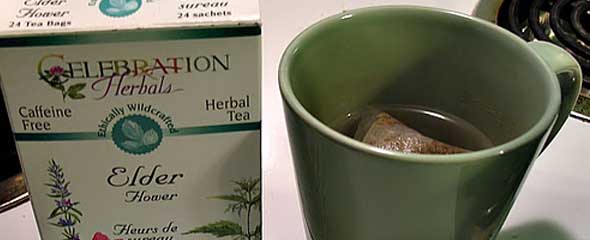
A milder elderflower infusion can be used as an eye wash in conjunctivitis. Naturist treatment of rheumatic problems, herpes simplex, ear infections, constipation and other problems affecting the immune system also use elderflowers. Treatment of acne, eczema and psoriasis employs elderflower infusion quite often due to the astringent properties of the flowers – the Egyptians even used the flowers to heal burns.
As you see, the many healing properties of the plant make it a perfect candidate for naturist medicine, but in Romania we simply consume the cordial because it is tasty. In the end it doesn’t matter why you drink it as long as you enjoy it.
And here is the recipe, as I remember it from my grandma:
- 10-12 big elderflowers, fully blossomed
- 1 kg sugar
- 5 big lemons
- 150 g sugar to make caramel syrup
- 8 liters cold water
- 1 tbs leaven
Prepare a caramel syrup from the 150 g sugar: poor sugar into a small pan, set over a quick fire and stir constantly while the sugar melts and changes to a light brown liquid. Then add one cup warm water and stir till the caramel dissolves.
Boil 3 liters of water with 1 kg sugar and the juice from one lemon for 15 minutes. When the mixture is lukewarm poor it into a 10 l glass jar and mix it with the remaining 5 liters of water, the caramel syrup, the elderflowers and the juice from the rest of the lemons (you could use sliced lemons instead, but they’ll get a bitter taste if you forget them in the infusion more than a day). Add leaven and cover the jar with clean gauze. Let the flowers infuse for 3-6 days, but stir the beverage twice a day and taste occasionally.

The drink is non alcoholic in the first 2-3 days or it can become a mild alcoholic drink in 3-5 day (the reason why the drink is also known as elder wine). If you don’t want to consume it in its alcoholic form, don’t wait longer than 3 days to strain the content of the jar through clean muslin and bottle it. Store it in the fridge.
Cold Fanta Shokata will remind you of the taste of the original Socata beverage, but it’s really not the same thing and it has no health benefits (the flavor is not even natural).
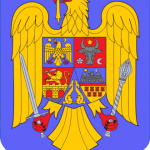
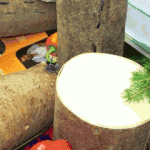
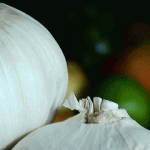
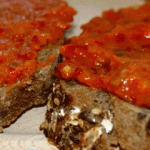

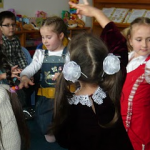
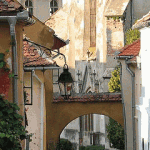
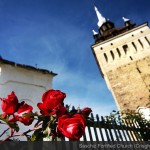
Interesting! We do have elderberry lemonade here in Sweden, but not really as an alcohol drink. Well, sometimes we use it to flavor liqueur too
I expect many European countries have it…
The alcoholic concentration is very low (though I am not sure how low, but I expect lower than beer…)
Mmmm, Fanta Shocata — brings back memories of Romania, Mihaela! But I had no idea about the Socata cordial and how it is made — so interesting. Thanks for posting this. I am learning more about Romania now that I am home in Canada, than I did when I was there!
So you know what I am talking about… he he…
My mother will visit me in October - I’ll ask her to bring me some and next summer I’ll prepare the cordial myself. The forest is full of elder trees. Why not take advantage of what nature offers free of charge?
Is there something else you want me to write about? Any recipe you think I should share with the readers?
Elderberry wine used to be popular in England - in the days when people made most things themselves.